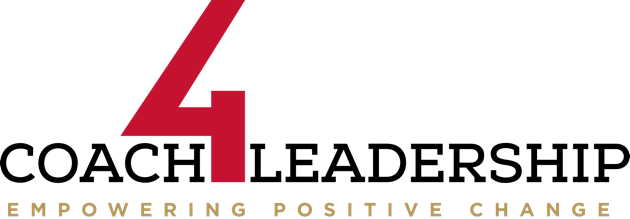How have you experienced “stuck” and not quite known what to make of it or do about it? When you do, from now own remind yourself that it just a signal telling you that you need to grow.

Here are 5 steps to help escape the gravitational pull of “stuck”, grow and get back into motion again:
- Reframe your mindset about “stuck” into a signal telling you “I need to grow”. That totally changes the game.
- Be thankful and express gratitude that your “stuckness” has become an awareness that it’s time to meet a need instead of being place that sucks.
- Carve out time to reflect on what you want, with from a big-picture perspective (your vision of success) or in one specific area of your life. Make sure you know your powerful “Why” behind it.
- Consider one action you can take right now that will move you toward what you want. A small, doable step is usually the best to start with (ie. phone call, inquiry, list, etc.).
- Immediately execute and make some effort on the action step you identified above. Even small delays can jeopardize your chances of getting off the ground.
Just as sure as the steps above will help get you going again, rest assured that you’re going encounter resistance along the way, and often from the most unexpected places. I’ll talk about how to overcome resistance in another post, but simply knowing to expect it is the first step to not letting it slow you down.
Where are you at in your growth cycle? Do you consider yourself growing and if so, in what area? If not, it may be that you’re in transition to your next phase of growth. If your currently experiencing dissatisfaction, uncomfortableness or general malaise in your life but aren’t quite sure what to make of it, maybe its a signal that it’s time for you to grow, regardless of whether you consider yourself stuck or not…..then take action. On the other hand, if there’s an area in which you’ve known for some time now that you needed to grow and instead have just made yourself comfortable and settled…..then get concerned. In fact, it that’s the case then alarms should be flashing in your head as you read this. While “Settled” may have quieted that nagging, gnawing and uncomfortable sensation, it’s also got you medicated and in slow decline in that part of your life. If that’s you my friend, stop reading right now and go take action on the 5 steps listed above.
It’s been said that more often in life we end up regretting the chances in life that we had, but didn’t take, than those chances that we took and wished we hadn’t. That’s especially true about opportunities to grow.
Where are your greatest growth opportunities? If your “stuck”, think of the first one that comes to mind. If none really jump out at you, then just pick one and take step number one above. If your not stuck, then consider developing your own life-long learning plan that you add to along the way so it grows right along with you.
For the stuck and unstuck alike, please leave a comment about what what’s worked for your own personal growth and development and what hasn’t. Myself and a lot of others would love to hear whatever pearls you have to share.



 us know we have a need begin to diminish over time when they go unmet. Ask anybody who has fasted for more than three days and they will tell you that the hunger pains diminish. Likewise, when you ignore (or quash) signals moving you to grow you begin to notice them less or aren’t as bothered. That condition then leads to a much more comfortable sensation that is called “settled”. The problem with “settled” and the seductive comfort it brings is that you’re in danger of staying there…..for good.
us know we have a need begin to diminish over time when they go unmet. Ask anybody who has fasted for more than three days and they will tell you that the hunger pains diminish. Likewise, when you ignore (or quash) signals moving you to grow you begin to notice them less or aren’t as bothered. That condition then leads to a much more comfortable sensation that is called “settled”. The problem with “settled” and the seductive comfort it brings is that you’re in danger of staying there…..for good.






